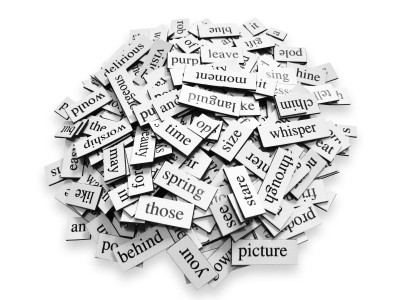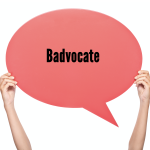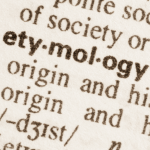Surprise and delight readers with plays on words

Why use wordplay in writing? |
|

|
Why wordplay works in communications We pay attention to and remember puns, alliteration Your brain on wordplay: Wordplay changes readers’ minds and moves them to act. So why not add wordplay to your message today? |
Types of wordplay to use in writing |
|

|
How to use alliteration in corporate communications This rhetorical technique makes you ‘instantly eloquent’ A little alliteration goes a long way: Alliteration — using a series of words that start with the same sound — tickles the intellect, pleases the ear and makes messages memorable. But don’t overdo it. |
|
|
|

|
Create a portmanteau, make a mnemonic, verbify a name A whole new word: Create new words with neologisms and more. |
|
|
|

|
How to find the etymology of a word Express the spirit of your words by exploring their origins From anagrams to verbotomy, try these tools for coining words. |
|
|
|

|
Quotes on the etymology of words What writers and others say “Assassin comes from hashish. Or the other way round.” — Martin Amis, novelist, in The Pregnant Widow |
|
|
|

|
Perceptive campaign plays with paradox Opposites attract readers: Add a new literary device to your toolbelt. Oxymorons — opposing or contradictory words — can have a dramatic effect on your message. |
|
|
|

|
Why is balance (aka parallelism) important in communication? Tap the power of ‘two-ness’ with balance “Float like a butterfly; sting like a bee.” The rhetorical technique of balance, or parallelism, makes messages more memorable. |
|
|
|

|
How to write rhymes for corporate communications Rhymes grab attention, gain trust Rhymes and other fluent words build trust. Here’s how to get more rhyme into your corporate communications messages. |
|
|
|

|
Make your message ring in their ears You’ve got the beat: Triad, haiku and other rhythmic devices ring in your readers’ ears. |
|
|
|

|
Twist a phrase, reinvent a cliché and more #Brilliant: Create illuminating twists of phrase and plays on words with these techniques. |
More on wordplay |
|

|
What writers and others say “Why isn’t ‘phonetic’ spelled the way it sounds?” — The Atomic Café |
Get More tips on wordplay on Rev Up Readership.